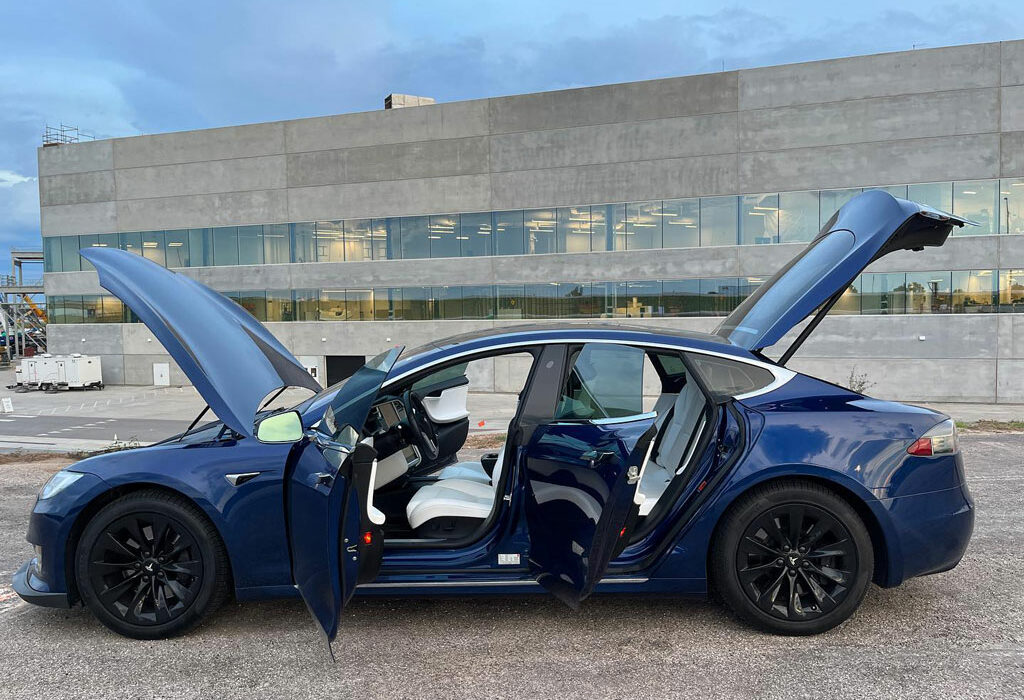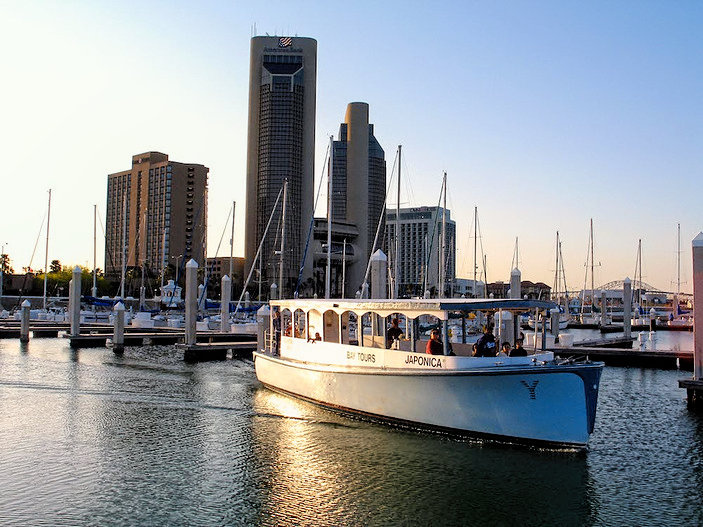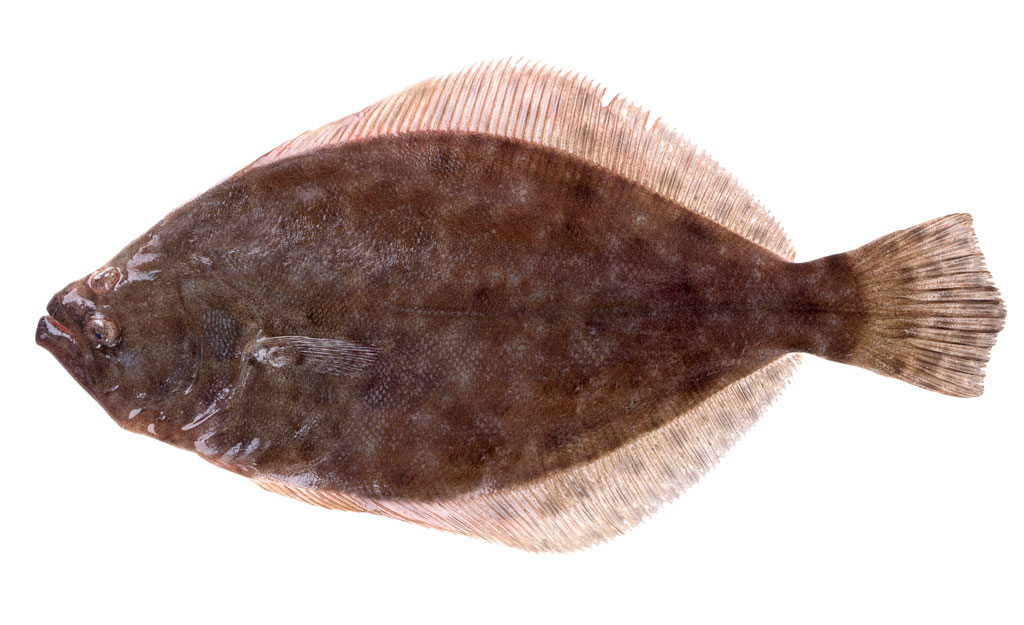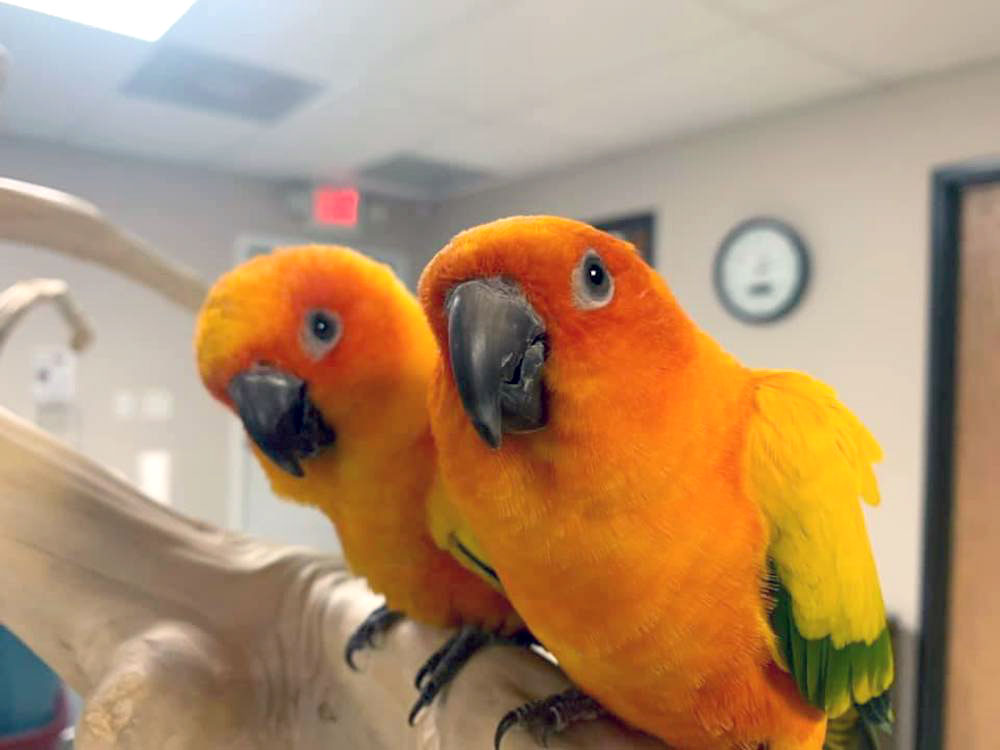
A Tesla Model S parked in front of the Gigafactory in Austin. The electric automaker is considering locating a refining plant near Robstown. Courtesy photo
Robstown could be the site of a new Tesla plant. The electric car and clean energy company filed an application with the Texas Comptroller's Office requesting tax breaks from the Robstown Independent School District as part of the process in choosing a location for a battery-grade lithium hydroxide-refining plant.
The company is looking at possible sites in Texas and Louisiana.
According to a Tesla media release, the plant would be “the first of its kind in North America.” Lithium hydroxide is a key raw material in producing battery cathodes.
Tesla was founded in California in 2003. Billionaire businessman Elon Musk is the company's CEO and its largest shareholder. In recent years, he has expanded his presence in Texas, opening a Tesla auto plant in Austin and then moving its corporate headquarters to the state capital in December 2021. The Boring Company, a tunnel-building firm founded by Musk, relocated its offices to Pflugerville in 2022. In 2014, Musk’s SpaceX broke ground on its Starbase facility at Boca Chica, near Brownsville.
The proposed battery plant would process raw ore material and be “designed to consume less hazardous reagents and create usable byproducts compared to the conventional process,” according to the media release.
Tesla projects the plant would employ more than 160 workers. The Coastal Bend site under consideration is south of Robstown on U.S. 77 and County Road 28. The company offered no timeline in selecting a location but said construction could begin by the end of 2022 and operations in late 2024.
Per state law, the Comptroller’s Office must grant final approval to a school district seeking a tax abatement. The lack of tax breaks from the district would make a Texas site “less attractive," according to Tesla's application.
Chapter 313 of the Texas Tax Code, which allows school districts to limit taxes for potential economic development generators, will expire at the end of 2022. With the expiration date nearing, the Comptroller’s Office has received a flurry of applications.
Enacted by the Texas Legislature in 2001 and taking effect in 2002, Chapter 313, the Texas Economic Development Act, allows a taxing entity to grant the applicant company a lower appraised value for 10 years, after which that value would revert to its normal level. The Legislature, in its most recent session, failed to extend the statute when the Texas Senate declined to act on the measure.
chuck@thepicayune.com





